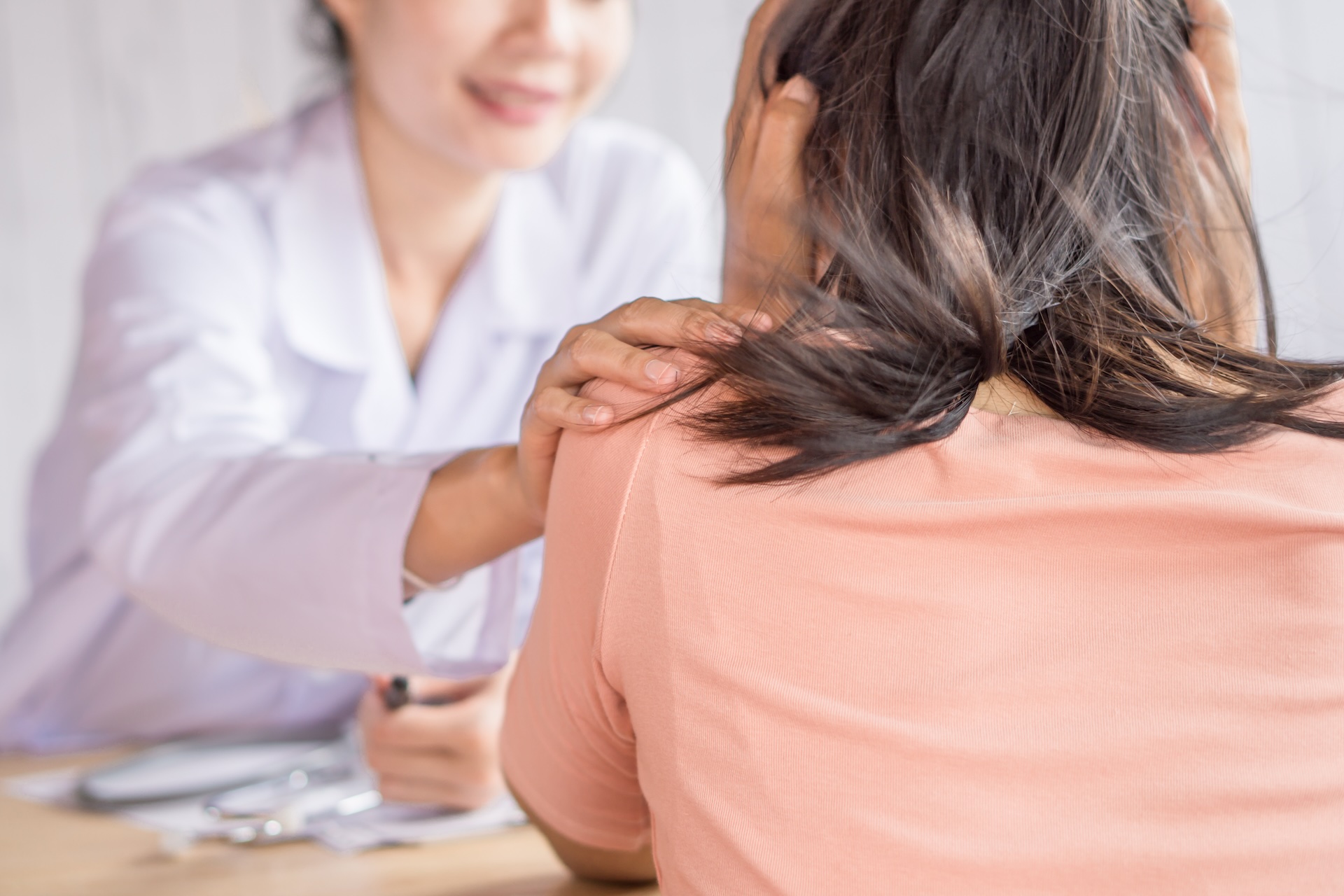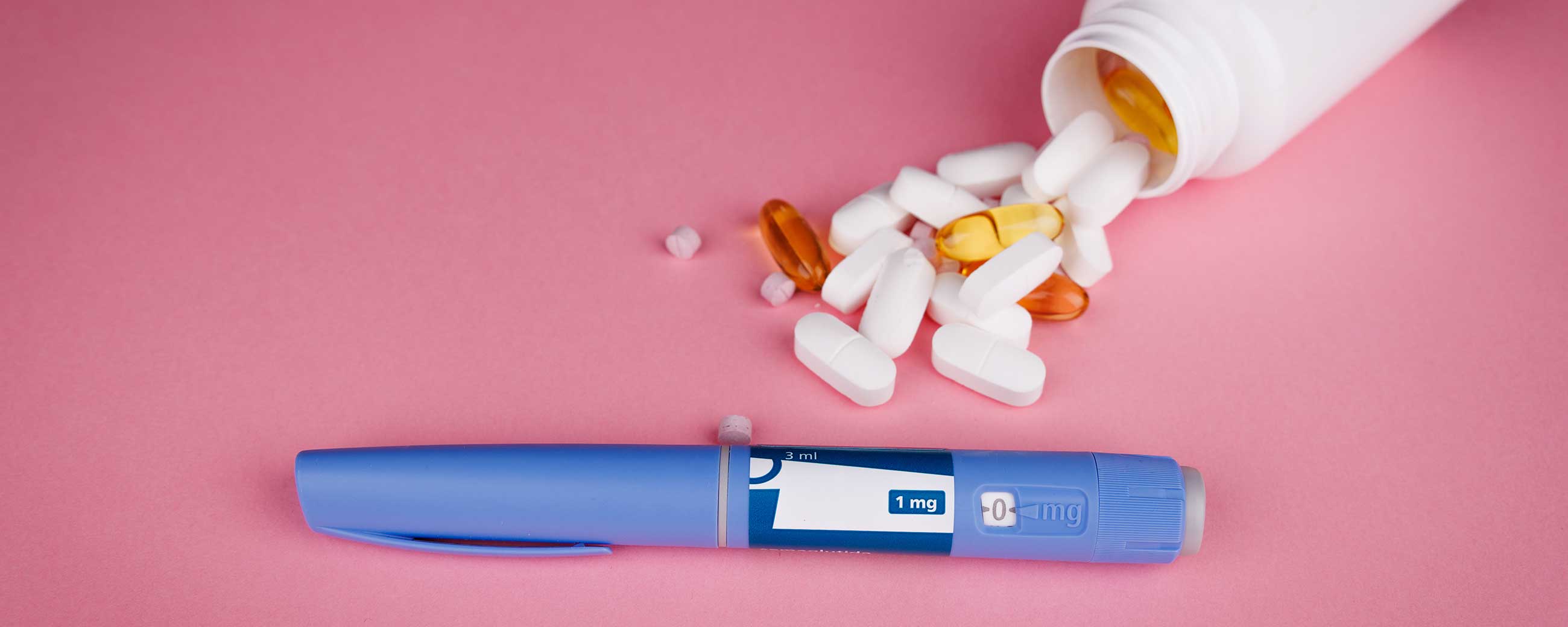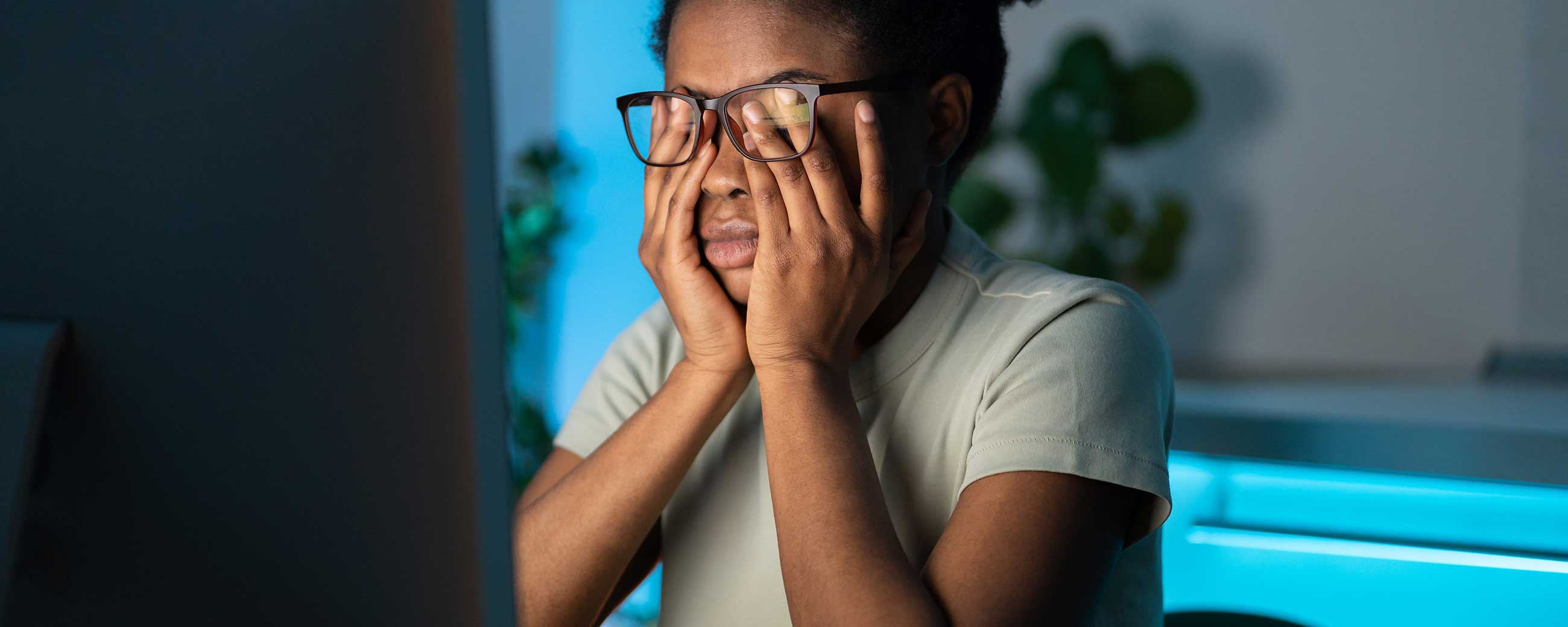
You've Been Diagnosed With Type 2 Diabetes. Now What?

If you’re newly diagnosed with type 2 diabetes, you might feel a mix of emotions, all of which are natural. You’re likely confused, not fully understanding what diabetes is or how it will affect your life. You might be scared or worried, concerned about what this means for your health and your future. Feeling sad or depressed or even angry is also common; you might feel down about having a chronic condition that requires ongoing attention.
But the most common feeling people have when they are diagnosed with type 2 diabetes is being overwhelmed. Effectively managing this condition so you can stay healthy requires a change in your lifestyle, like dietary changes, exercise, and medication. It’s a lot to take in. Luckily, we’re here to help.
In this article, we’ll discuss how to deal with diabetes and the many feelings that accompany a new diagnosis by coming up with a plan. Remember: most people can live healthy, active lives with type 2 diabetes by making some changes and taking care of themselves. They can even reverse their condition.
What is Type 2 Diabetes?
Type 2 diabetes is a disease where your body has trouble using glucose (sugar) properly. Normally when you eat, your body breaks down food into sugar and sends it into your blood. A hormone called insulin helps move the sugar from your blood into your cells, where it is used for energy.
In type 2 diabetes, your body either doesn't make enough insulin or the insulin doesn't work well. This means that too much sugar stays in your blood instead of going into your cells. Having too much sugar in your blood can make you feel tired, thirsty, and can make you urinate a lot, among other symptoms. Over time, it can also cause serious problems with your heart, eyes, kidneys, and other parts of your body.
There are many treatment options for type 2 diabetes. People can manage it by eating healthy foods, exercising, and sometimes taking medicine. Keeping your blood sugar within the right range is very important if you want to stay healthyand reduce your risk of diabetes-related complications.
First Steps to Take After a Type 2 Diabetes Diagnosis
Most people find out that they have type 2 diabetes after their healthcare provider orders standard labs following a routine checkup. Typically, you’ll get a phone call with your results, and you’ll be asked to schedule a follow up appointment. During this appointment, your provider will give you instructions which may include starting medication, checking your blood sugar, and making changes to your lifestyle. They may refer you to a diabetes educator so you can learn more about your diagnosis and how to manage it.
Therefore, if you were just diagnosed with type 2 diabetes, the first thing you should do is get your bearings. Before embarking on changes to your diet, exercise, or other lifestyle factors, the most important thing is follow up with your healthcare provider for further instructions.
How to deal with a diagnosis of type 2 diabetes
It's important to talk about how you’re feeling with your family, friends, a healthcare professional, or a support group in order to deal with type 2 diabetes. A support system is crucial to avoid diabetes burnout, a state of emotional and physical exhaustion specifically related to the ongoing management of diabetes. Additionally, focusing on your mental health is important when you have diabetes, as your mental well-being is closely linked to your physical health, including blood sugar levels and your ability to prioritize healthy eating, physical activity, and taking your medications properly. No matter what, remind yourself: a diabetes diagnosis is not a death sentence, it doesn’t reflect poorly upon you, and you are not in this alone. It is very possible to live a long, healthy life with diabetes.
What to expect for treatment options
During your initial visit with your healthcare provider, you will learn about your HbA1c , a measure of your blood sugar control, as well as type 2 diabetes treatments that are available to you. These may include adjusting your diet and lifestyle to help control blood sugar and weight, as well as medication options. Diet and lifestyle adjustments should be personalized, taking into account your individual preferences and goals. Making changes to your diet and lifestyle may seem overwhelming, so it’s important to focus on creating goals that you can realistically achieve. One helpful place to start is to try to avoid certain foods that can significantly raise blood sugar.
Medications may also be prescribed by your healthcare provider. Each class of medication has its own benefits and potential side effects, and often, a combination of medications from different classes is used to achieve the best blood sugar control. Your healthcare provider will help determine the best treatment plan for your specific needs.
Reversing your T2D diagnosis
While type 2 diabetes cannot be cured, it can be reversed. In fact, it’s possible to lower your blood sugar and decrease weight without medications. Cutting back on carbohydrates has been shown to decrease blood sugar, aid weight loss, and reduce hunger, which can enable you to reduce or even eliminate diabetes medications. Here at Virta, our 1:1 virtual coaching, medical monitoring, and interactive app provide dietary and lifestyle recommendations that match your individual preferences and goals.
The Takeaway
A new diagnosis of type 2 diabetes may feel overwhelming, but if you follow the advice of your healthcare provider, including taking medications as prescribed and making changes to your diet and lifestyle, you can live a healthy, active life. If you are diagnosed with type 2 diabetes and want to live a healthier lifestyle, Virta Health may be able to help. By making healthy lifestyle changes in a medical setting with supportive resources like 1:1 virtual coaching, you can regain control of your health and feel like yourself again. See if you’re eligible for Virta Health here.
This blog is intended for informational purposes only and is not meant to be a substitute for professional medical advice, diagnosis, or treatment. Always seek the advice of your physician or other qualified health provider with any questions you may have regarding a medical condition or any advice relating to your health. View full disclaimer
Are you living with type 2 diabetes, prediabetes, or unwanted weight?








